Bone Mineral Density
How to submit an article:
- Registered users can submit any published journal article that has a unique DOI (Digital Object Identifier) name or link to Research Hub.
- For example, you can paste the full DOI link:
https://doi.org/10.1109/5.771073or just the DOI name:10.1109/5.771073into the field above and click submit. - The person who is first to submit a valid article to Research Hub will forever be credited for it, and every article submission earns you +6 Research Points.
Published research studies are articles that present the findings of original research that has undergone a peer-review process and has been made publicly available in scholarly journals, books or other media.
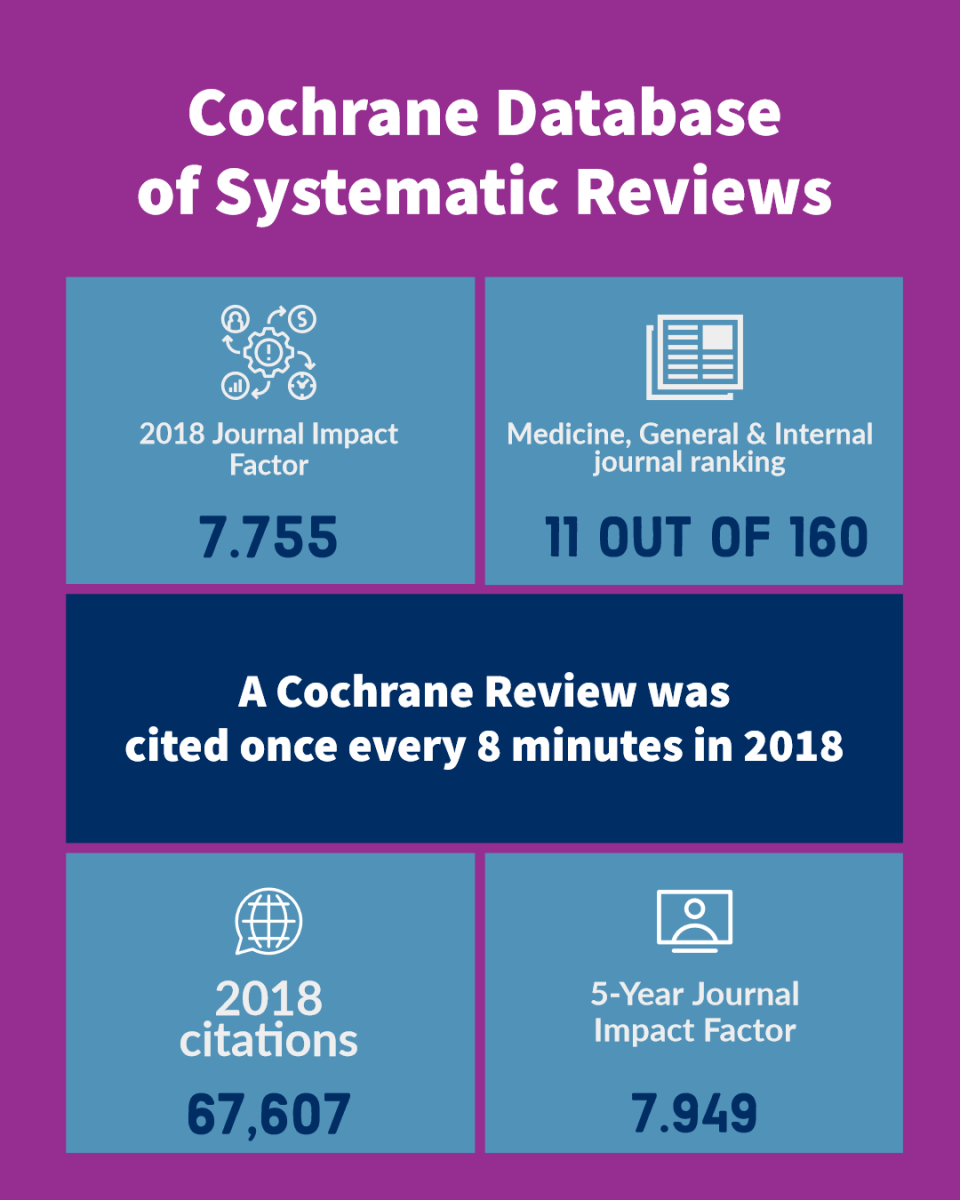
Calcium and vitamin D for increasing bone mineral density in premenopausal women
2023 Jan 27 Cochrane Database of Systematic Reviews Méndez-Sánchez L, Clark P, Winzenberg TM, Tugwell P, Correa-Burrows P, Costello R
Systematic Review Bone Mineral Density Vitamin D Osteoporosis Calcium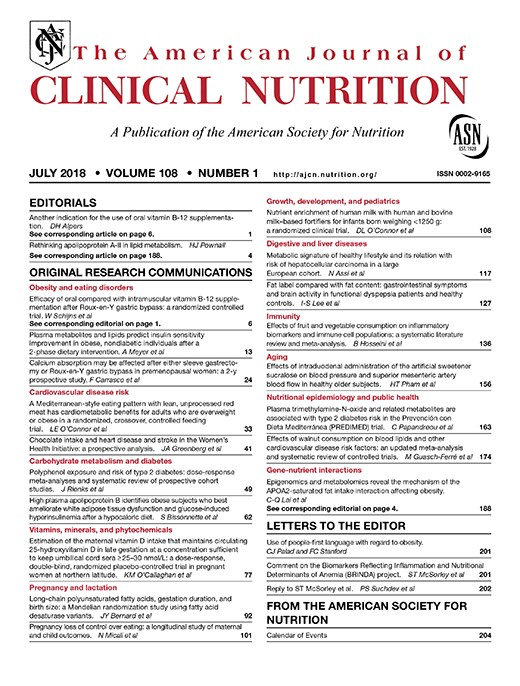
Prunes preserve hip bone mineral density in a 12-month randomized controlled trial in postmenopausal women: the Prune Study
2022 Oct The American Journal of Clinical Nutrition De Souza MJ, Strock NCA, Williams NI, Lee H, Koltun KJ, Rogers C, et al.
Randomised Controlled Trial Bone Mineral Density PlumA daily intake of 50 grams of prunes can maintain hip bone density in postmenopausal women, potentially reducing hip fracture risks.
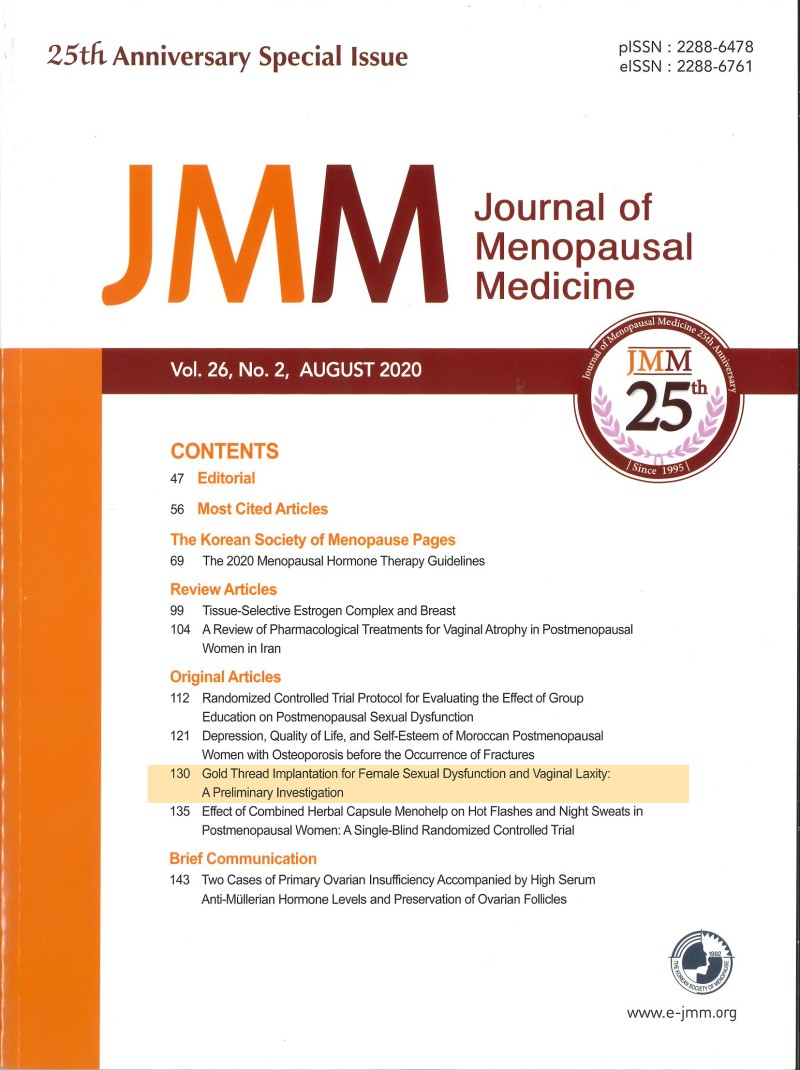
Effect of Alkaline Drinking Water on Bone Density of Postmenopausal Women with Osteoporosis
2021 Jan Journal of Menopausal Medicine Fasihi S, Fazelian S, Farahbod F, Moradi F, Dehghan M
Clinical Study Alkaline WaterAlkaline drinking water significantly improves spine bone density in postmenopausal women with osteoporosis, more than standard treatment alone.

An evaluation of the effects and safety of Zuogui pill for treating osteoporosis: Current evidence for an ancient Chinese herbal formula
2020 Oct 21 Phytotherapy Research Li J, Sun K, Qi B, Feng G, Wang W, Sun Q, et al.
Systematic Review Meta-Analysis Zuo Gui WanZuo Gui Wan combined with anti-osteoporosis drugs may have beneficial effects on osteoporosis with respect to bone mineral density and bone metabolism markers.
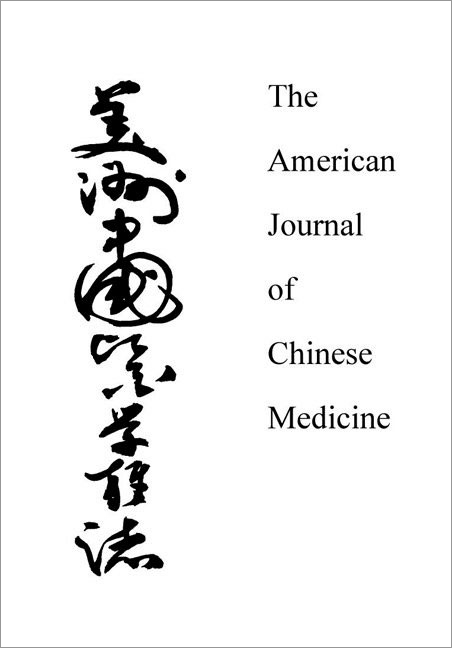
Benefits of Herbal Medicine on Bone Mineral Density in Osteoporosis: A Meta-Analysis of Randomized Controlled Trials
2020 Jan The American Journal of Chinese Medicine Lin WL, Lin PY, Hung YC, Hsueh TP
This paper provides evidence that herbal medicine interventions increase bone mineral density (BMD) more than conventional treatments in individuals with osteoporosis, especially postmenopausal women. The results of this study suggest that herbal medicines are effective for increasing BMD in individuals with osteoporosis.
Meta-Analysis Yin Yang HuoResearch insights are moderated by the Research Hub team and offer an at-a-glance overview of interesting research findings.

2022 The American Journal of Clinical Nutrition
A daily intake of 50 grams of prunes can maintain hip bone density in postmenopausal women, potentially reducing hip fracture risks.
Randomised Controlled Trial Plum
Prunes preserve hip bone mineral density in a 12-month randomized controlled trial in postmenopausal women: the Prune Study
De Souza MJ, Strock NCA, Williams NI, Lee H, Koltun KJ, Rogers C, et al.

2021 Journal of Menopausal Medicine
Alkaline drinking water significantly improves spine bone density in postmenopausal women with osteoporosis, more than standard treatment alone.
Clinical Study Alkaline Water
Effect of Alkaline Drinking Water on Bone Density of Postmenopausal Women with Osteoporosis
Fasihi S, Fazelian S, Farahbod F, Moradi F, Dehghan M

2020 Phytotherapy Research
Zuo Gui Wan combined with anti-osteoporosis drugs may have beneficial effects on osteoporosis with respect to bone mineral density and bone metabolism markers.
Systematic Review Zuo Gui Wan
An evaluation of the effects and safety of Zuogui pill for treating osteoporosis: Current evidence for an ancient Chinese herbal formula
Li J, Sun K, Qi B, Feng G, Wang W, Sun Q, et al.

2017 Nutrients
Dried plums, or prunes, have potential to exert beneficial effects on bone health and may help in combating osteoporosis in postmenopausal women, if consumed as part of their recommended fruit intake.
Review Article Bone Health Osteoporosis Plum
Dried Plums, Prunes and Bone Health: A Comprehensive Review
Wallace T
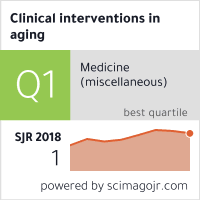
2017 Clinical Interventions in Aging
The Chinese herbal formula Erxian decoction appears to be more effective than basic supplements in treating osteoporosis.
Systematic Review Er Xian Decoction Osteoporosis
Effects of Chinese herbal formula Erxian decoction for treating osteoporosis: a systematic review
Li JY, Jia YS, Chai LM, Mu XH, Ma S, Xu L, et al.
Review Articles
Review articles summarise and critically evaluate the current state of research on a specific topic or field by synthesising multiple primary research studies.

Calcium and vitamin D for increasing bone mineral density in premenopausal women
2023 Jan 27 Cochrane Database of Systematic Reviews Méndez-Sánchez L, Clark P, Winzenberg TM, Tugwell P, Correa-Burrows P, Costello R
Systematic Review Bone Mineral Density Vitamin D Osteoporosis CalciumThis Cochrane review does not support the isolated or combined use of calcium and vitamin D supplementation in healthy premenopausal women to improve bone mineral density in the total hip or lumbar spine, and therefore it is unlikely to have a benefit for the prevention of fractures (vertebral and non‐vertebral). —Jinnan C 11 Feb 2023

An evaluation of the effects and safety of Zuogui pill for treating osteoporosis: Current evidence for an ancient Chinese herbal formula
2020 Oct 21 Phytotherapy Research Li J, Sun K, Qi B, Feng G, Wang W, Sun Q, et al.
Systematic Review Meta-Analysis Zuo Gui WanZuo Gui Wan combined with anti-osteoporosis drugs may have beneficial effects on osteoporosis with respect to bone mineral density and bone metabolism markers.

Dried Plums, Prunes and Bone Health: A Comprehensive Review
2017 Apr 19 Nutrients Wallace T
Review Article Osteoporosis Bone Health PlumDried plums, or prunes, have potential to exert beneficial effects on bone health and may help in combating osteoporosis in postmenopausal women, if consumed as part of their recommended fruit intake.

Effects of Chinese herbal formula Erxian decoction for treating osteoporosis: a systematic review
2017 Jan Clinical Interventions in Aging Li JY, Jia YS, Chai LM, Mu XH, Ma S, Xu L, et al.
Systematic Review Er Xian Decoction OsteoporosisThe Chinese herbal formula Erxian decoction appears to be more effective than basic supplements in treating osteoporosis.
Clinical Trials
Clinical trials are research studies that involve people and are conducted to evaluate the safety and efficacy of new treatments or interventions, such as drugs, medical devices, or behavioural therapies.

Prunes preserve hip bone mineral density in a 12-month randomized controlled trial in postmenopausal women: the Prune Study
2022 Oct The American Journal of Clinical Nutrition De Souza MJ, Strock NCA, Williams NI, Lee H, Koltun KJ, Rogers C, et al.
Randomised Controlled Trial Bone Mineral Density PlumA daily intake of 50 grams of prunes can maintain hip bone density in postmenopausal women, potentially reducing hip fracture risks.
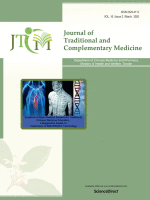
Effect of Zuogui pill and Yougui pill on osteoporosis: a randomized controlled trial
2018 Feb Journal of Traditional and Complementary Medicine Wenxiong L, Kuaiqiang Z, Zhu L, Li L, Yan C, Jichao Y, et al.
Zuogui pill or Yougui pill could improve bone mineral density (BMD), ease pain, relieve Kidney deficiency syndrome, improve the quality of life osteoporosis patients, inhibit bone conversion and regulate the coupling balance of bone formation and bone resorption.
Randomised Controlled Trial You Gui Wan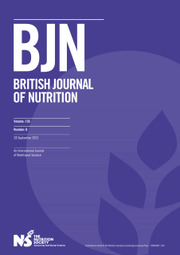
Comparative effects of dried plum and dried apple on bone in postmenopausal women
2011 May 31 British Journal of Nutrition Hooshmand S, Chai SC, Saadat RL, Payton ME, Brummel-Smith K, Arjmandi BH
Randomised Controlled Trial Osteoporosis Bone Mineral Density PlumDried plum consumption enhances bone mineral density in postmenopausal women, primarily by reducing the rate of bone turnover.
Study Protocols
Published study protocols are detailed plans that outline the objectives, methodology, statistical analyses, and organisation of a research study that have been made publicly available for others to review and use as a reference.
Presentation Slides

Randomised Controlled Trial
A daily intake of 50 grams of prunes can maintain hip bone density in postmenopausal women, potentially reducing hip fracture risks.
De Souza MJ, Strock NCA, Williams NI, Lee H, Koltun KJ, Rogers C, Ferruzzi MG, Nakatsu CH, Weaver C

Clinical Study
Alkaline drinking water significantly improves spine bone density in postmenopausal women with osteoporosis, more than standard treatment alone.
Fasihi S, Fazelian S, Farahbod F, Moradi F, Dehghan M

Systematic Review
Zuo Gui Wan combined with anti-osteoporosis drugs may have beneficial effects on osteoporosis with respect to bone mineral density and bone metabolism markers.
Li J, Sun K, Qi B, Feng G, Wang W, Sun Q, Zheng C, Wei X, Jia Y

Review Article
Dried plums, or prunes, have potential to exert beneficial effects on bone health and may help in combating osteoporosis in postmenopausal women, if consumed as part of their recommended fruit intake.
Wallace T

Systematic Review
The Chinese herbal formula Erxian decoction appears to be more effective than basic supplements in treating osteoporosis.
Li JY, Jia YS, Chai LM, Mu XH, Ma S, Xu L, Wei X

Randomised Controlled Trial
Dried plum consumption enhances bone mineral density in postmenopausal women, primarily by reducing the rate of bone turnover.
Hooshmand S, Chai SC, Saadat RL, Payton ME, Brummel-Smith K, Arjmandi BH
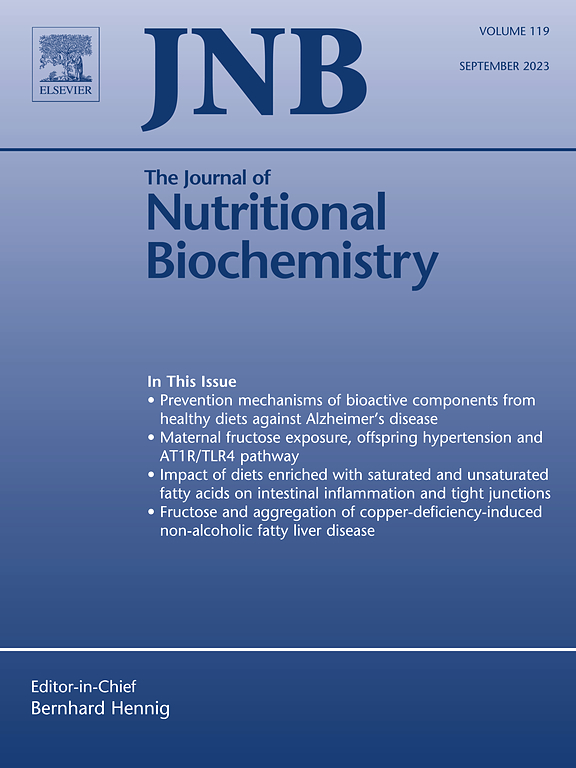
Experimental Study
Blueberry consumption can prevent bone loss and positively impact bone metabolism in ovariectomized rats.
Devareddy L, Hooshmand S, Collins JK, Lucas EA, Chai SC, Arjmandi BH
Executive Summary
Write an executive summary in the form of a blog article on the topic of "Research into Chinese medicine treatment for Bone Mineral Density" summarising the research below and using language that can be easily understood by patients and avoiding medical jargon using a professional and caring tone of voice.
Write an executive summary in the form of a blog article on the topic of "Researched Chinese medicine treatments for Bone Mineral Density" summarising the research below in an objective and easy to understand way, and using language that can be easily understood by patients. Group the article into Chinese medicine treatments first, followed by nutrition and other treatments. Avoid using medical jargon and use a professional and caring tone of voice.
Write me a concise but easy to understand executive summary on the topic of "Chinese medicine treatments for Bone Mineral Density" based on the following research that I will give you. Your summary should be 2 paragraphs long in Australian English spelling and include references to the studies.
A Randomised Controlled Trial published in 2022 in the journal The American Journal of Clinical Nutrition found that A daily intake of 50 grams of prunes can maintain hip bone density in postmenopausal women, potentially reducing hip fracture risks. This research was conducted through a single-center, parallel-arm, randomized controlled trial over the course of a year. Postmenopausal women were randomly assigned into three groups - control, 50 grams of prunes, and 100 grams of prunes - and their bone mineral density (BMD) was assessed every 6 months. Secondary measurements included an observation of changes in bone biomarkers. Compliance and retention of participants were high particularly at the 50-gram dosage. In assessing the effects of prunes on bone health, the findings showed a distinct interaction between the amount of prune intake and bone mineral density in the hip region. Specifically, it indicated that consumption of 50 grams of prunes daily led to a preservation of hip BMD after 6 months, an effect which was still apparent after a year. Despite a higher dropout rate and less impact on BMD, the 100-gram prune group, when combined with the 50-gram group, presented stability in the FRAX score, which measures the risk of hip fractures.
A Clinical Study published in 2021 in the journal Journal of Menopausal Medicine found that Alkaline drinking water significantly improves spine bone density in postmenopausal women with osteoporosis, more than standard treatment alone. The study involved 100 postmenopausal women with osteoporosis, equally divided into an intervention group and a control group, each consisting of 50 women. The intervention group received calcium D daily, 1.5 liters of alkaline water daily with a pH of 8.6 ± 0.3, and a weekly Osteofos tablet (70 mg). The control group received only calcium D and the Osteofos tablet. The study duration was three months, and bone mineral density was measured using bone densitometry for the femur and spine, both before and after the intervention. After the three-month intervention, both groups showed significant increases in the mean T-scores of the femur and spine bones. Notably, the increase in the spine T-scores was significantly greater in the intervention group compared to the control group. However, there were no significant differences in the changes in the femur T-scores between the two groups.
A Systematic Review published in 2020 in the journal Phytotherapy Research found that Zuo Gui Wan combined with anti-osteoporosis drugs may have beneficial effects on osteoporosis with respect to bone mineral density and bone metabolism markers. Our pooled results show that ZGP combined with anti-osteoporosis drugs may have beneficial effects on osteoporosis with respect to BMD and bone metabolism markers. There were no ADRs when using ZGP alone, but ADRs of ZGP combined with anti-osteoporosis drugs included gastrointestinal discomfort (nausea, diarrhoea), dizziness, and fatigue. However, a definite conclusion regarding other indicators cannot be drawn from the existing information. The results of this review demonstrate that ZGP is a potential candidate for osteoporosis treatment, although the quality of evidence remains weak.
A Review Article published in 2017 in the journal Nutrients found that Dried plums, or prunes, have potential to exert beneficial effects on bone health and may help in combating osteoporosis in postmenopausal women, if consumed as part of their recommended fruit intake. The research process involved a comprehensive review of scientific literature available in the PubMed database up until January 24, 2017. This literature included cell studies, animal studies, population and clinical studies that examined effects of dried plums or their extracts on markers of bone health. In total, 24 research papers were reviewed and their findings are summarized. Discussing the results, animal, cell, and clinical studies suggest that dried plums or their extracts positively impact bone formation and limit bone breakdown. This is likely due to the influence of dried plums on cell signaling pathways that dictate osteoblast (bone-building cells) and osteoclast (bone-destroying cells) differentiation. Clinical studies also indicate that consumption of dried plums could have beneficial effects on bone mineral density, particularly in postmenopausal women. There were no adverse effects reported in these studies, further suggesting that they could safely be included in regular dietary routines.
A Systematic Review published in 2017 in the journal Clinical Interventions in Aging found that The Chinese herbal formula Erxian decoction appears to be more effective than basic supplements in treating osteoporosis. A systematic review of six databases was conducted, looking for randomized controlled trials using Erxian decoction in osteoporosis treatment. The trials measured a variety of outcomes, including fracture incidents, changes in bone mineral density, improvements in pain symptoms, alterations in bone biochemical markers, quality of life, and adverse reactions. The timeline encompassed all trials conducted up until September 17, 2016, with no restriction on language. The results from the eight trials involving a total of 644 patients were analysed. Two separate meta-analyses were conducted. The first compared the effectiveness of the decoction to caltrate tablets in improving bone density in the spine and femoral great trochanter. The second meta-analysis evaluated the decoction plus caltrate tablets and calcitriol in improving the bone density of the femoral neck, and the levels of calcium and phosphorus, when compared to calcitriol and caltrate tablets. The most common side effect was minor cases of gastrointestinal symptoms.
A Randomised Controlled Trial published in 2011 in the journal British Journal of Nutrition found that Dried plum consumption enhances bone mineral density in postmenopausal women, primarily by reducing the rate of bone turnover. The research studied 160 osteopenic postmenopausal women from 1 to 10 years postmenopause, who were not receiving any hormone replacement therapy or medication affecting bone metabolism. Participants were randomly divided into two treatment groups, one consuming dried plums and the other eating dried apples, with both groups also receiving daily dosages of calcium and vitamin D. Bone mineral density was measured at the beginning and end of the study using dual-energy X-ray absorptiometry. Blood samples were taken at the start, then every 3 months to evaluate bone biomarkers. Physical activity and dietary factors were monitored as potential covariates throughout the study. Dried plums significantly boosted the bone mineral density in the ulna (one of the two bones in the forearm) and spine compared to dried apples. This tendency could only be seen in dried plums - they drastically reduced serum levels of bone turnover markers, specifically bone-specific alkaline phosphatase and tartrate-resistant acid phosphatase-5b. This confirms that dried plums can indeed improve the bone mineral density in postmenopausal women, in part by suppressing the rate of bone turnover.
A Experimental Study published in 2008 in the journal The Journal of Nutritional Biochemistry found that Blueberry consumption can prevent bone loss and positively impact bone metabolism in ovariectomized rats. The research involved thirty 6-month-old female Sprague-Dawley rats. Some rats were ovariectomized to simulate post-menopausal conditions and then divided into three groups: Sham-operated, control (ovariectomized but no intervention), and a group that was ovariectomized and given a 5% blueberry diet. After being on this diet for 100 days, the effects of the blueberries on bone health were evaluated through the assessment of Bone Mineral Density (BMD) and content in the whole body, right tibia, right femur, and fourth lumbar vertebra through dual-energy X-ray absorptiometry. In terms of the results, the ovariectomy caused a loss of BMD in the whole body, tibia, femora, and lumbar region, whereas the blueberry diet prevented this loss in the whole body. It also somewhat reduced the loss in the tibia and femur. The bone-protective effects of the blueberries were attributed to them suppressing the ovariectomy-induced increase in bone turnover. This was shown by reduced levels of various cellular components linked to bone metabolism in the femoral bone and serum of rats on the blueberry diet, compared to the ovariectomized control group.
Moderation Tools
Topic
Sign In
Users not signed in are limited to viewing the 5 most recent items of content.
This Cochrane review does not support the isolated or combined use of calcium and vitamin D supplementation in healthy premenopausal women to improve bone mineral density in the total hip or lumbar spine, and therefore it is unlikely to have a benefit for the prevention of fractures (vertebral and non‐vertebral). —Jinnan C 11 Feb 2023